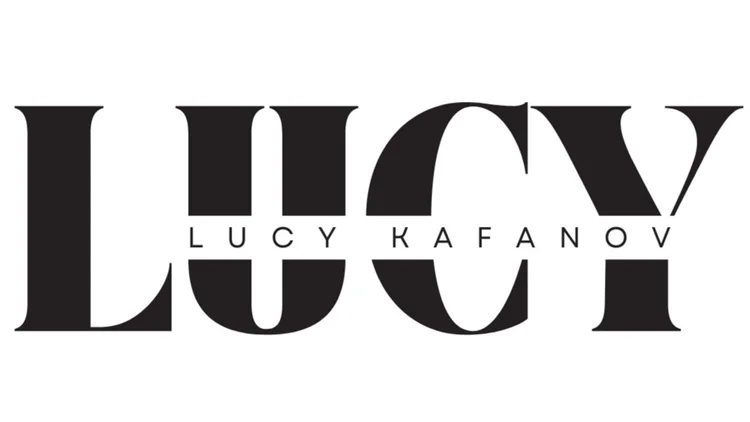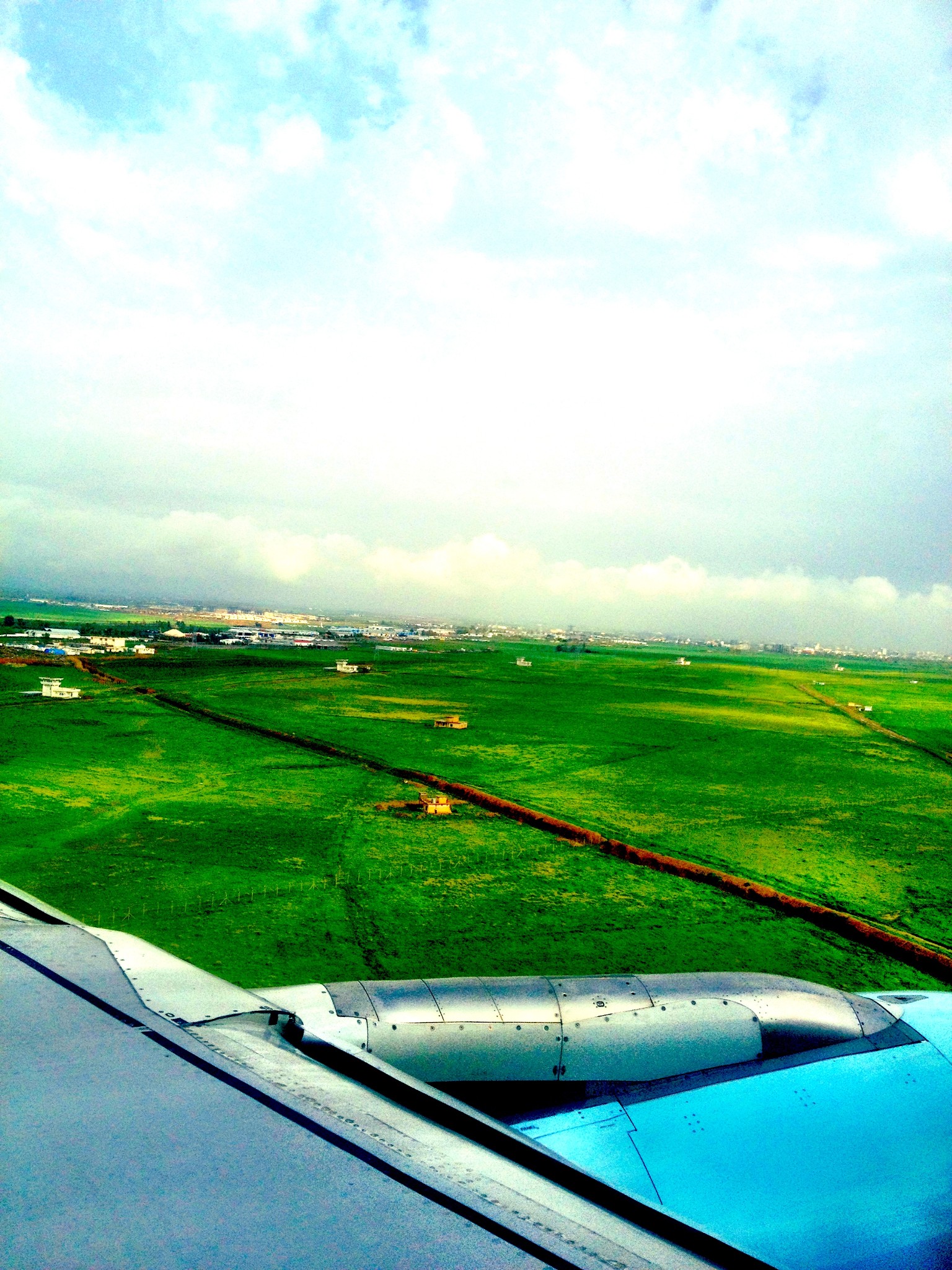Green Fields.
That was my first sight of Iraq as the airplane made its descent onto the runway. It certainly shouldn’t have been a surprising one given the region’s history as the cradle of civilization. But it was the clash, not birth, of civilizations that I had expected to see. After a decade of war, the Iraq I had envisioned was one of sand and dust, rubble and crumbled buildings - not the idyllic red soil and lush green farmland grass that stretched as far as the eye could see.
We had arrived to Erbil, the capital of the semi-autonomous Kurdish region in Iraq's north. As airplane was taxiing towards the terminal I couldn’t help but think that Erbil’s International Airport would not look out of place were it located in a small European city. It was originally built at the beginning of the 1970’s as an Iraqi military base and remained as such until the U.N. Security council established a no-fly zone after the end of the Gulf War in 1991, in order to protect Kurds against Saddam Hussein. Since then, the Kurdish region has thrived, and in some ways the modern-looking airport symbolizes the change of fortune for Iraq’s Kurds.
Some 400 kilometers north of Baghdad, the city of Erbil serves as the capital of Iraqi Kurdistan. The region has its own flag, parliament, government, president, armed forces and its own language. It’s been touted as one of the few success stories of the Iraq war, with the Kurds having transformed an impoverished and traumatised society into a thriving one in the years since they gained autonomy in 1991.
The Kurds’ success can in no small part be attributed to an oil-fuelled economic boom, which has attracted a wide variety of international investors. Turkish investment is the most visible. The sleek new terminal in which we were standing was built by a Turkish company. Turkish construction had built much of Erbil, and Turkish companies account for more than half of the foreign businesses there. Nearly 80 percent of local goods in Kurdistan are Turkish (a source of frustration at the end of our trip, when trying to shop for authentic Kurdish souvenirs only to find Turkish imports). And a proposed pipeline through Turkey will soon link oil-rich Iraqi Kurdistan to Western markets. While all this seems to have benefitted the Kurds, it’s also been a source of growing tension between the Kurdistan Regional Government (KRG) and Baghdad.
For now, the Kurds remain dependent on Baghdad for survival. The region is eligible for 17 percent of Iraq’s national budget, derived mostly from oil exports that are presently controlled by the central government. Money, oil, geography and the constitution keep the country together - although the very same factors threaten to tear it apart.
Whatever the differences between Baghdad and the KRG, we are still in Iraq. The cell phone company adverts lining the corridors of the airport are a testament to this. So are the dark green passports in the hands of nearby travellers: the words “Republic of Iraq” are emblazoned on the dark green covers. Citizens of one country, which feels like two.
“It certainly ain’t like the rest of Iraq,” remarked Tom, an American Embassy official from North Carolina whom we met while waiting for our luggage. Tom told us what we already knew: that Kurdistan was the safest place in Iraq today. He was heading to Baghdad on a private embassy flight, but warned us to avoid going there at all costs without security.
“They don’t much like Westerners there,” he warned, adding: “Of course, they welcome us with open arms here.”
I asked Tom how he deals with that issue when interacting with local Iraqis.
“We don’t really interact with them,” Tom replied. “Safety and security first.”
His words lingered in the air even after a group of embassy workers hurried him away.
The anniversary of that war was what brought us to the country. With our Iraqi visas on hold, mired in a long process of bureaucracy, Kurdistan was the only option for us to arrive in time to cover Iraq ten years after the U.S. invasion of Iraq. For visitors like myself and my Spanish colleague, there was no visa application process, lengthy paperwork or numerous interviews with consular officials. You simply get off the airplane, walk towards immigration control, and hand over your passport to get stamped.
“Welcome to Kurdistan,” said the smiling officer as he reached for my passport and stamped a 10-day KRG visa on one of the empty pages.
“Technically, Iraq, no?” I asked.
The officer blinked for a moment and handed me back my passport. “Welcome to Kurdistan,” he repeated, waving me past.



